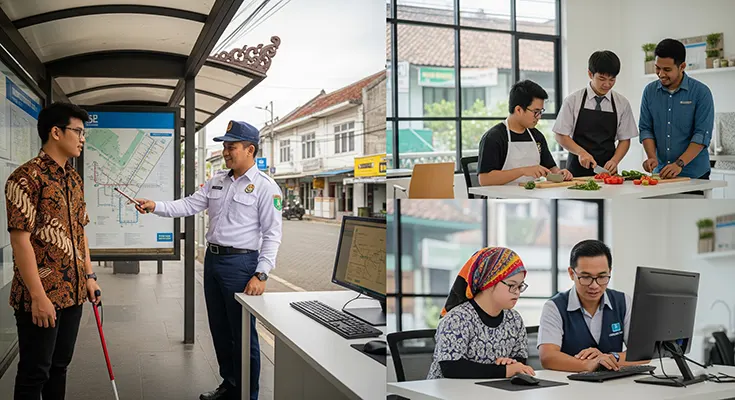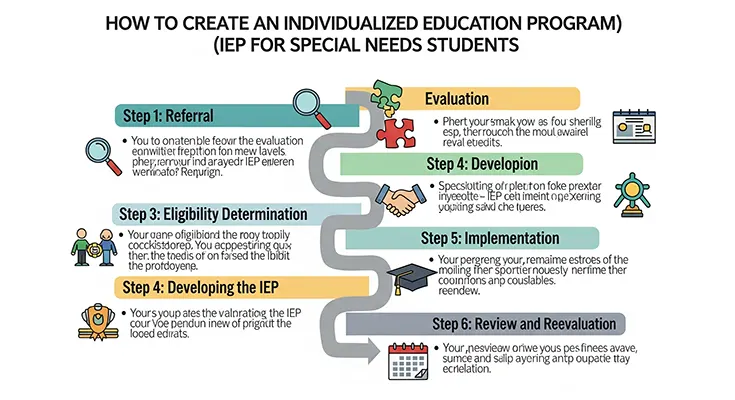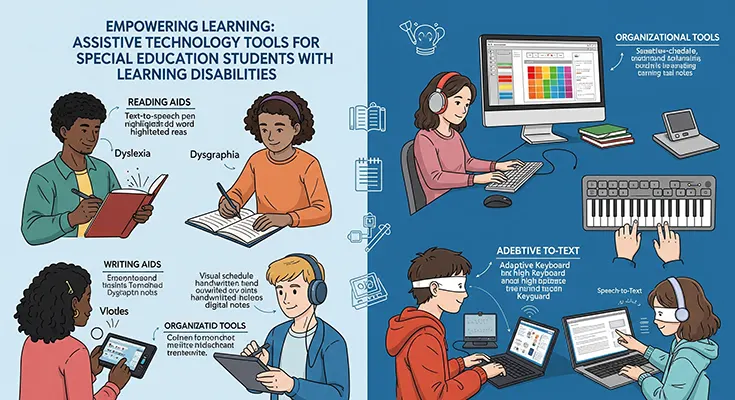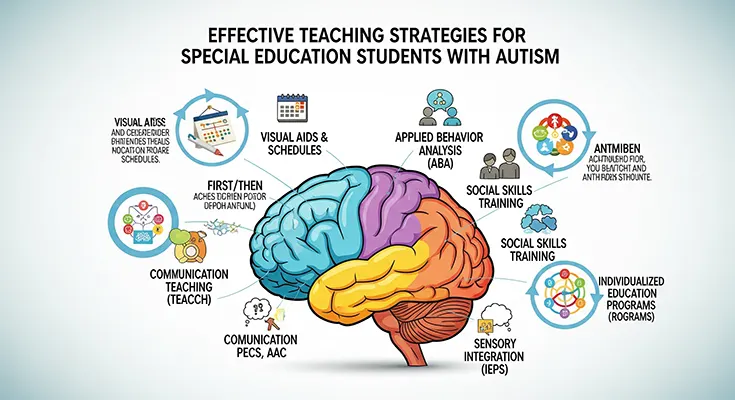
Paving the Way: Transition Planning and Support for Special Education Students to Adulthood in Surabaya
The journey from adolescence to adulthood is a significant milestone for all young people, but for special education students, this transition often requires thoughtful planning and robust support. In Surabaya, East Java, Indonesia, dedicated efforts are underway to ensure these students are equipped with the skills and resources necessary to navigate the complexities of independent living, employment, and community engagement.
Transition planning is not a one-time event; it’s a comprehensive, individualized process that ideally begins years before a student graduates. For special education students in Surabaya, this process typically starts around middle school, evolving as the student’s needs and aspirations become clearer. The core of this planning lies in developing an Individualized Transition Plan (ITP), which is an integral part of their Individualized Education Program (IEP).
Key Pillars of Transition Planning in Surabaya:
- Early and Continuous Assessment: Understanding each student’s unique strengths, interests, preferences, and support needs is paramount. This





